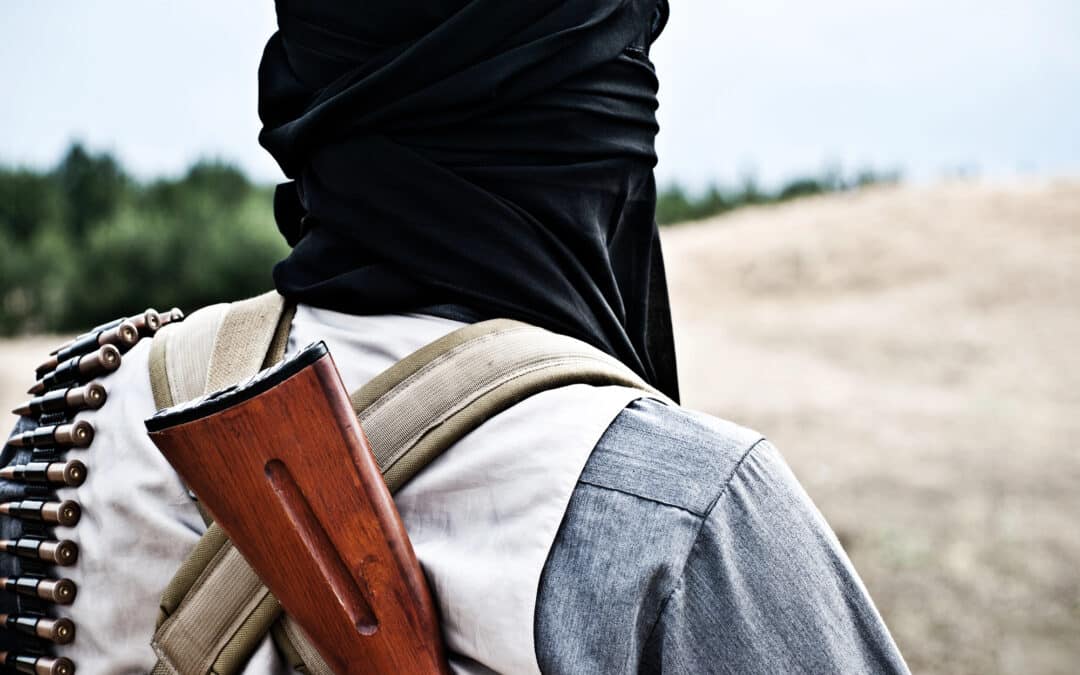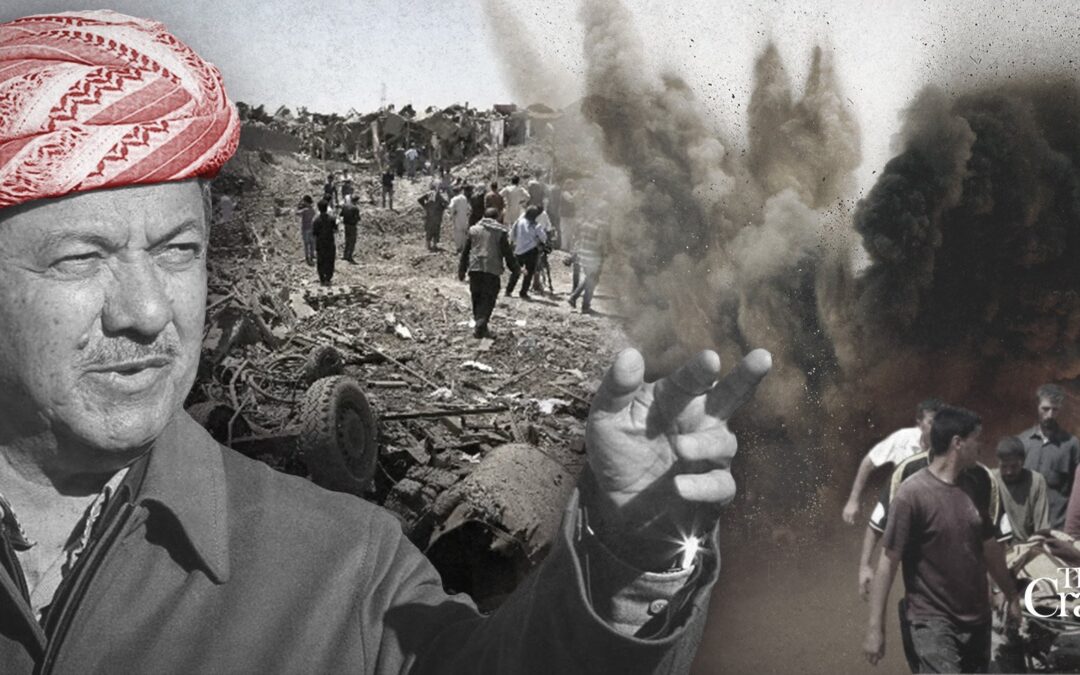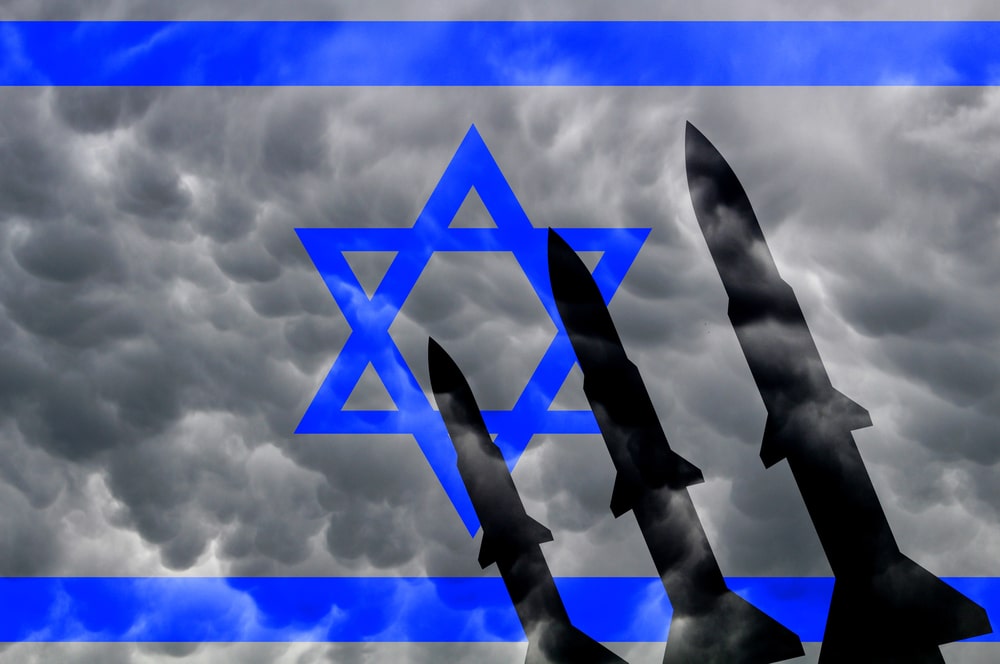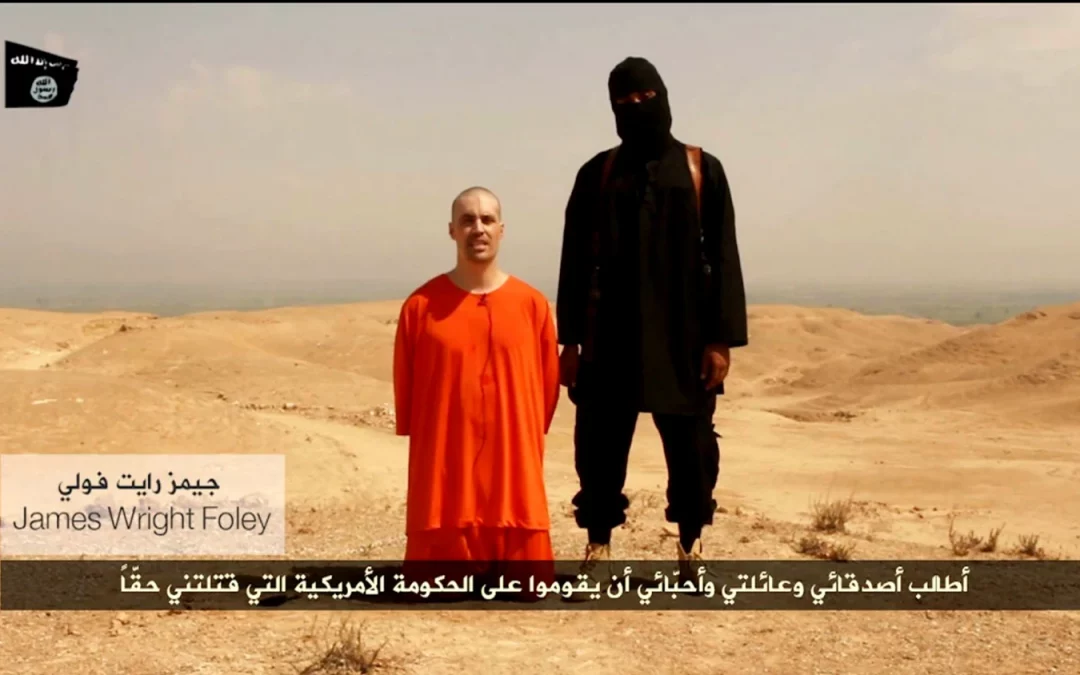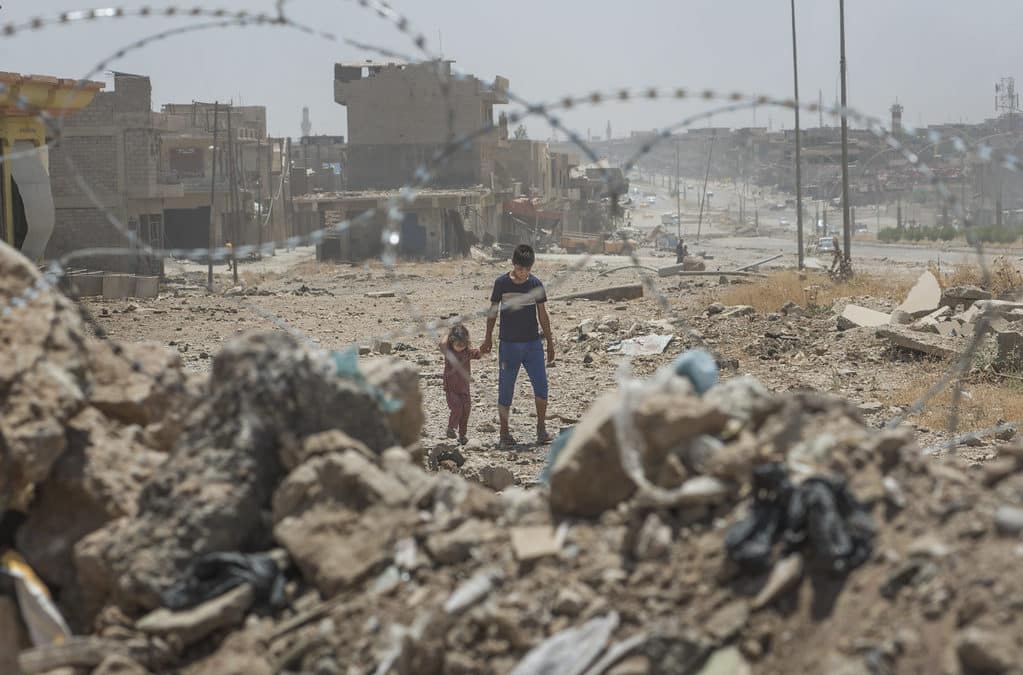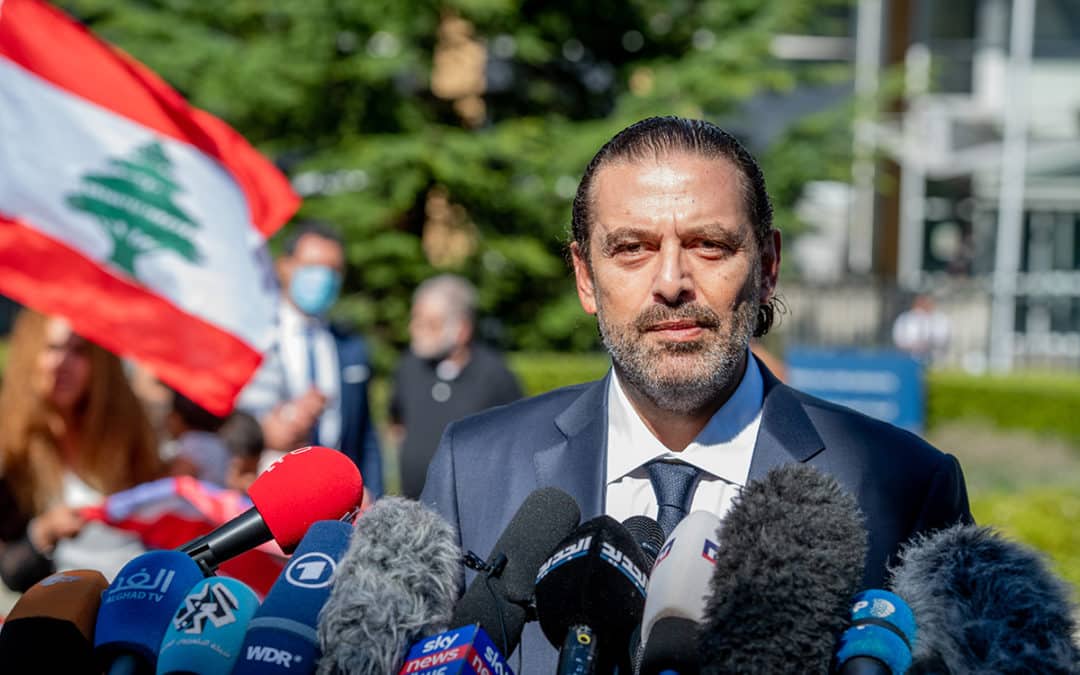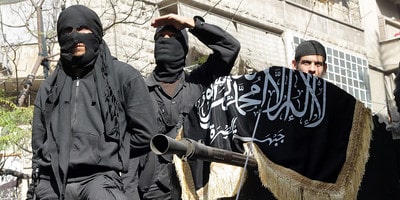As anti-government protests known as the Arab Spring swept through the Middle East in early 2011, observers felt they were witnessing spontaneous, grassroots calls for freedom against decades of tyranny and dictatorship. While the demands of the protestors were largely sincere, the protests that erupted in Tunisia, Egypt, Yemen, Libya, and crucially, Syria, were nevertheless the product of an unconventional warfare campaign organized by the Barack Obama administration, including the National Security Council (NSC), State Department, CIA, and allied intelligence agencies. Rooted in Obama’s...
